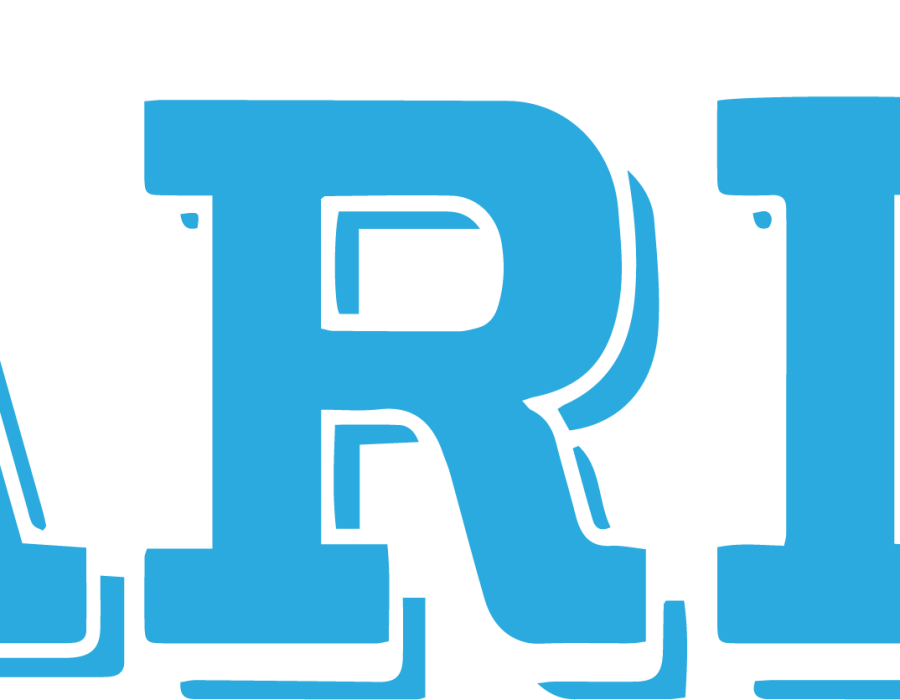In any commercial kitchen equipment or home kitchen equipment, safety should always be a top priority. With sharp tools, hot surfaces, and heavy machinery, kitchen environments can be hazardous if proper precautions aren't followed. Ensuring that your staff knows how to safely use, clean, and maintain kitchen equipment is essential for preventing accidents, reducing downtime, and complying with safety regulations.
Here are key kitchen equipment dubai safety tips every staff member should know:
1. Read and Follow Manufacturer Instructions
Every piece of equipment, whether it’s a commercial oven or a meat slicer, comes with its own set of safety guidelines.
- Always read the user manual before using new equipment.
- Follow start-up, operation, and shutdown instructions carefully.
- Keep manuals accessible in the kitchen for quick reference.
2. Wear the Right Protective Gear
Using personal protective equipment (PPE) reduces the risk of burns, cuts, and slips.
- Heat-resistant gloves when handling hot trays or grills
- Non-slip shoes to prevent falls on wet floors
- Cut-resistant gloves for knife or slicer work
- Aprons, hairnets, and chef hats for hygiene and protection
3. Keep Equipment Clean and Well-Maintained
Dirty or neglected equipment can malfunction, leading to injuries or fires.
- Clean grills, fryers, ovens, and exhaust hoods daily.
- Sanitize surfaces and utensils after each use.
- Follow a maintenance schedule for inspections and repairs.
- Turn off and unplug equipment before cleaning.
4. Be Cautious with Hot Surfaces and Oil
Burns are among the most common kitchen injuries.
- Use oven mitts and handles when working with hot pots and pans.
- Never leave fryers unattended.
- Avoid adding wet or frozen food to hot oil to prevent splatter.
- Let oil cool before draining or moving fryers.
5. Use Knives and Blades Properly
Knife and slicer injuries are easily preventable with training and caution.
- Always use a cutting board and cut away from your body.
- Keep knives sharp—dull knives are more dangerous.
- Use safety guards on slicers and food processors.
- Never try to catch a falling knife.
6. Avoid Electrical Hazards
Water and electricity can be a deadly combination.
- Keep cords and plugs away from water or wet surfaces.
- Inspect cords regularly for frays or damage.
- Don’t overload outlets with multiple high-wattage appliances.
- Unplug equipment before cleaning or repairing.
7. Know How to Handle Gas Equipment
Gas leaks are serious and require immediate action.
- Train staff on how to turn off gas supply valves.
- Report any smell of gas or faulty burners immediately.
- Ensure all gas equipment is professionally installed and regularly inspected.
8. Store Equipment and Tools Safely
Proper storage prevents tripping, falling, or accidental injuries.
- Store heavy equipment at waist level to avoid lifting injuries.
- Mount knives on magnetic strips or in secure knife racks.
- Keep pathways and prep areas clear of clutter.
9. Label and Mark Danger Zones
Visual cues are effective for reminding staff of potential hazards.
- Use “Hot Surface” signs on ovens and stovetops.
- Place “Wet Floor” signs after mopping.
- Use color-coded cutting boards to prevent cross-contamination.
10. Provide Regular Safety Training
Even experienced kitchen staff benefit from ongoing safety refreshers.
- Conduct training sessions on equipment operation and emergency response.
- Review fire safety procedures and first-aid basics.
- Keep emergency contact numbers and safety charts visible in the kitchen.
Bonus Tip: Know Your Fire Safety Protocols
- Keep fire extinguishers accessible and staff trained to use them.
- Clean hoods and grease traps regularly to prevent flare-ups.
- Never throw water on grease fires—use a Class K extinguisher or cover the flame.
Conclusion
A safe kitchen is a productive kitchen. By teaching and enforcing these safety tips, you not only protect your team from harm but also protect your business from liability and equipment damage. Make safety a routine part of your kitchen culture.
Need help setting up safe, durable, and certified kitchen equipment?
Contact Mariot Kitchen Equipment for expert installation, safety-compliant gear, and maintenance advice.
Explore more tips and tools on Facebook and LinkedIn.
Let me know if you'd like this turned into a poster or staff safety manual.





Comments